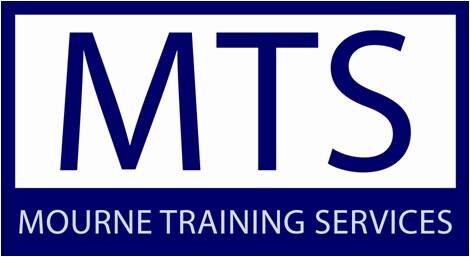TRAINING COURSE
Validation, Verification & Transfer of Methods for Biopharmaceutical Analysis
This course will provide you with the requisite scientific knowledge and understanding of analytical method lifecycle management, which includes the activities of validation, verification, transfer, and post-approval changes which affect methods, to allow informed interpretation of current regulatory guidance, such as ICH Q2(R2), ICH Q14 and cGMP. The course is aimed at biopharmaceuticals and the methods/procedures typically associated with these types of molecules.
Synopsis
The data generated using analytical test methods is essential for many of the critical decisions made in the pharmaceutical industry. To be confident in the integrity of this data it is crucial that the methods are fit for purpose throughout their lifecycle. To demonstrate that a method is fit for purpose will require either a validation, verification or transfer study, depending on the source of the method in question.
This course provides a detailed explanation of how these studies are performed, enabling a full understanding of method performance characteristics and associated statistics, and how they are applied to the techniques used for analysing drug related samples.
Attendees are invited to bring along any real life examples that they would like advice on during the training. These may be discussed during group exercises, or, where intellectual property is an issue, privately with the trainer.
Total learning time = 20 hours
Learning Objectives
On completion of this training course you will be able to:
- Understand the purpose of analytical method validation and the principles of analytical error and measurement uncertainty, and how they link to acceptance criteria.
- Define the performance characteristics evaluated during method lifecycle management studies, i.e., robustness, specificity/selectivity, range (including response and lower range limits), accuracy and precision.
- Generate a suitable protocol for analytical method lifecycle management studies (i.e., validation, verification, transfer, and post-approval changes), including practically relevant experiments and suitable acceptance criteria.
- Interpret the results of analytical method lifecycle management studies using appropriate statistics and statistical tools.
- Be able to perform risk assessments associated with analytical method lifecycle management studies.
Is this the version of the course that I want?
This course is available in two versions; choose from either the biopharmaceutical analysis version (test methods used for large molecules, typically derived from biological or biotechnology processes), or the pharmaceutical analysis version (test methods used for small molecules).
The analytical techniques used to test traditional small molecule pharmaceuticals are typically different to those used for testing biopharmaceuticals, also known as biotherapeutics. Therefore, the key difference between the two versions of this course is that the examples and case studies used in the course are tailored to these different types of medicinal products. Additionally, since the typical acceptance criteria which is applied to each type differs, the most relevant guidance can be provided to attendees.
More information to help you choose:
Course Option 1: Pharmaceutical Analysis
Suitable for small molecules
Why Choose this Version?
If the methods that you want to validate, verify or transfer are for traditional, small molecule (typically < ~2000 Daltons) pharmaceutical products, then this is the right version for you. It will also be applicable for the majority of testing methods for raw materials, and methods associated with cleaning validation.
Includes (but is not limited to):
- Assay (of drug content or other components), e.g., RP-HPLC, GC
- Related substances including stability indicating methods, e.g., RP-HPLC
- Elemental impurities, e.g., ICP-MS, ICP-OES
- Residual solvents, e.g., GC
- Dissolution testing
- Low level impurity methods such as leachables and extractables, and potential gentoxic impurities, e.g., LC-MS, GC-MS
- Water content, e.g., KF
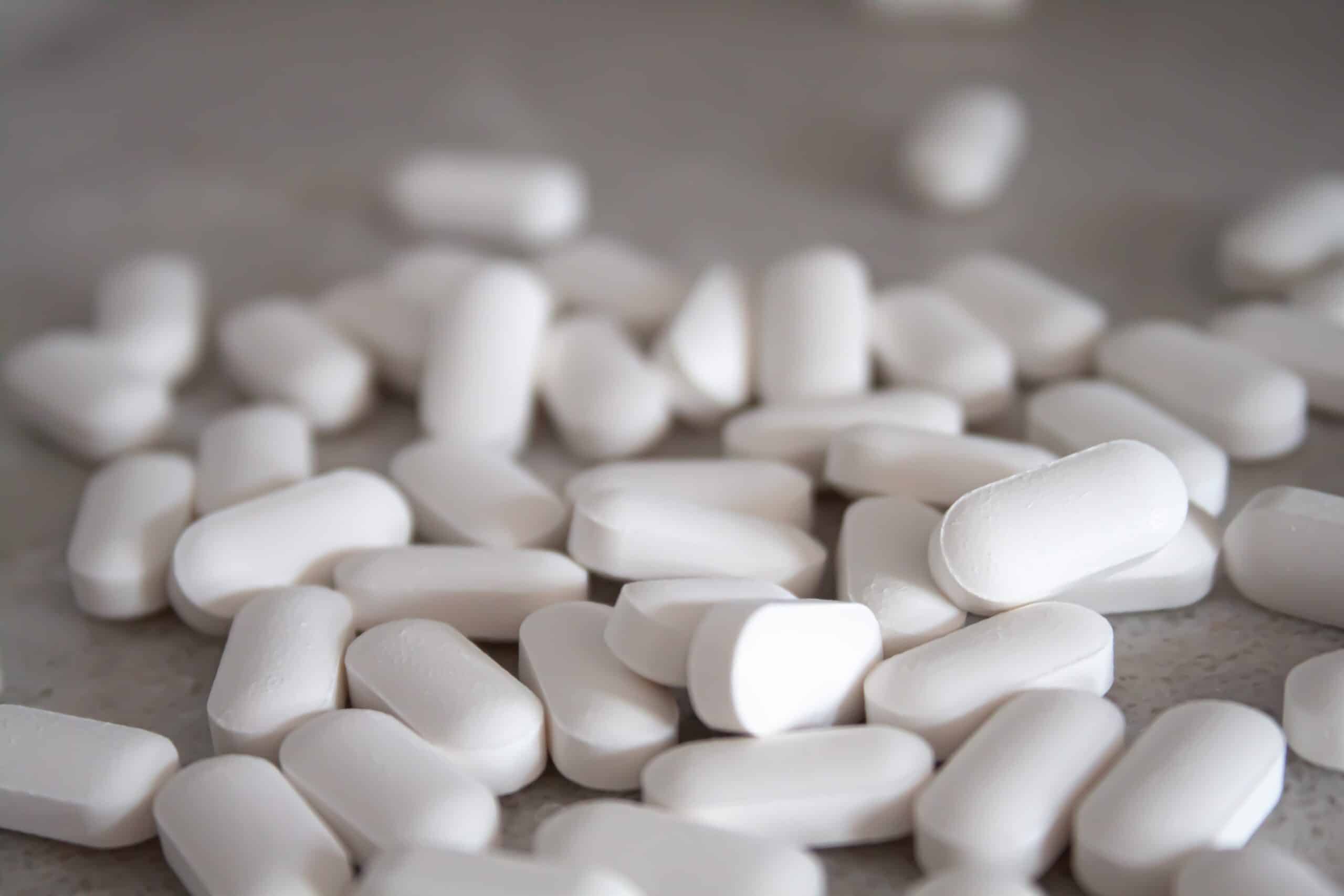

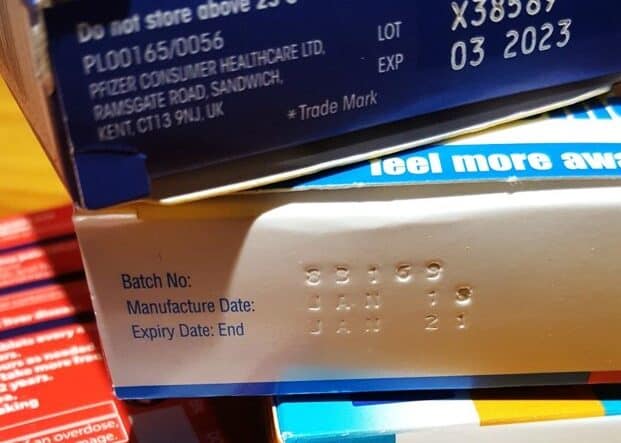
Course Option 2: Biopharmaceutial Analysis
You are currently viewing this version of the course
Suitable for Large Molecules
Why Choose this Version?
If the methods that you want to validate, verify or transfer are for relatively large molecules (typically > ~2000 Daltons), most commonly biological or biotechnology derived products, also known as biopharmaceuticals or biotherapeutics, then this is the right version for you. It may also be applicable to methods used for advanced therapy medicinal products (ATMPs).
Includes treatment of a variety of analytical techniques typically used for these types of molecules:
- Bioassays – this course will cover common sources of error in bioassays and thus provide an understanding of typical acceptance criteria. It will also provide general guidance on validation of these types of methods. However, the very detailed and complex statistics often used in these types of methods is beyond the scope of the course.
- Binding assays, e.g. ELISA
- Chromatography techniques, e.g., RP-HPLC, Size exclusion HPLC (SEC or GFC), ion exchange HPLC (IEX), HILIC, Affinity chromatography, Hydrophobic Interaction Chromatography (HIC).
- Electrophoresis techniques, e.g., Capillary electrophoresis, gel electrophoresis, Isoelectric focusing.
- Polymerase Chain Reaction (PCR)
- Flow cytometry, e.g., FACS
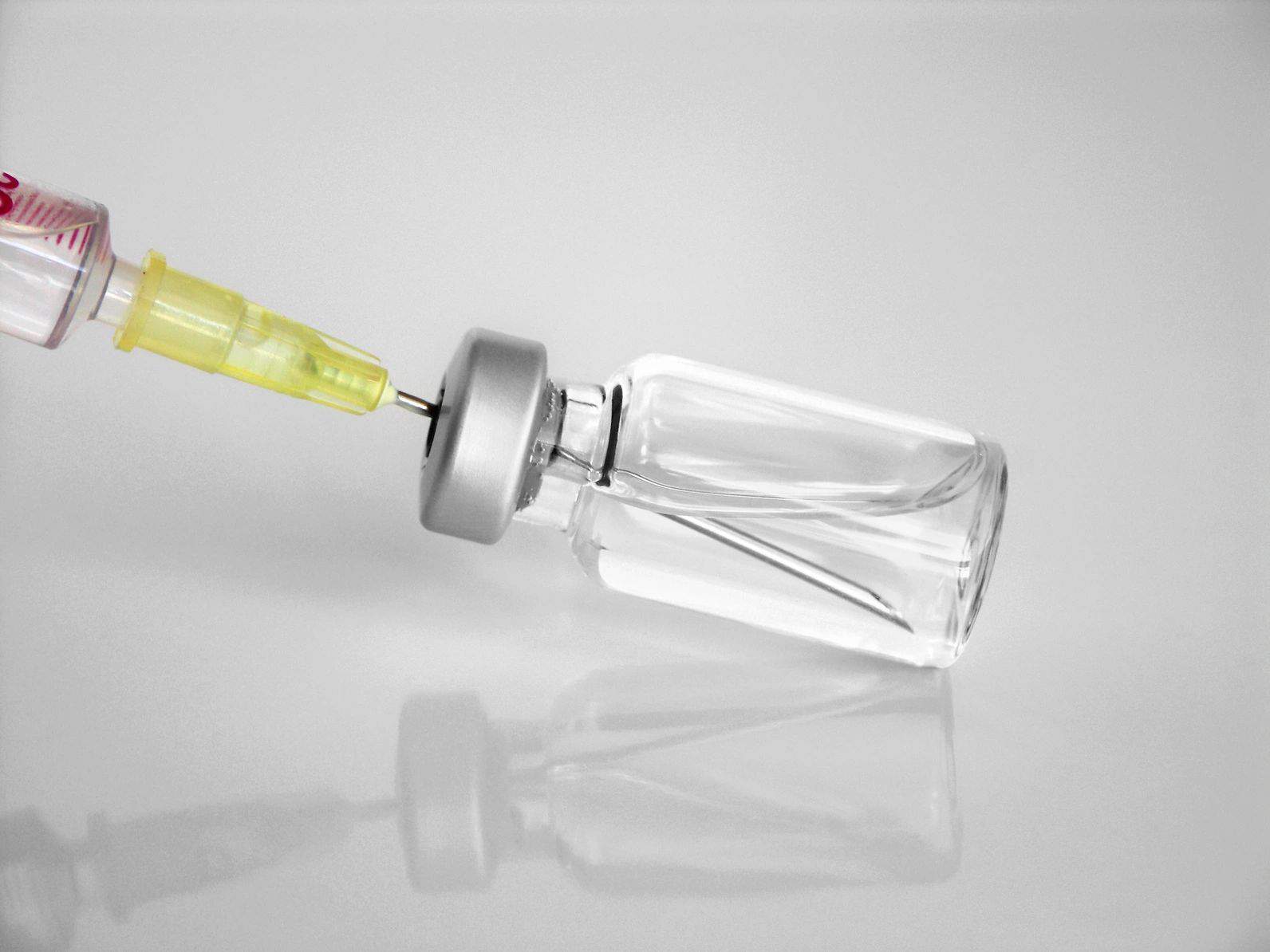
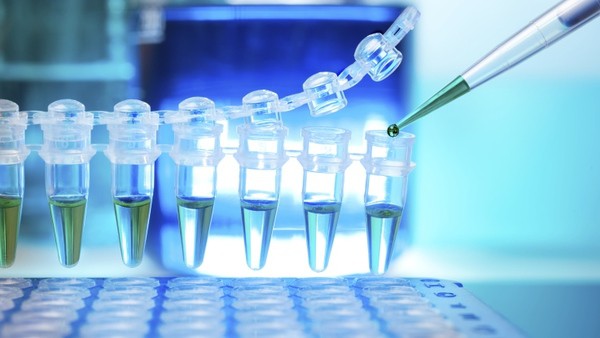
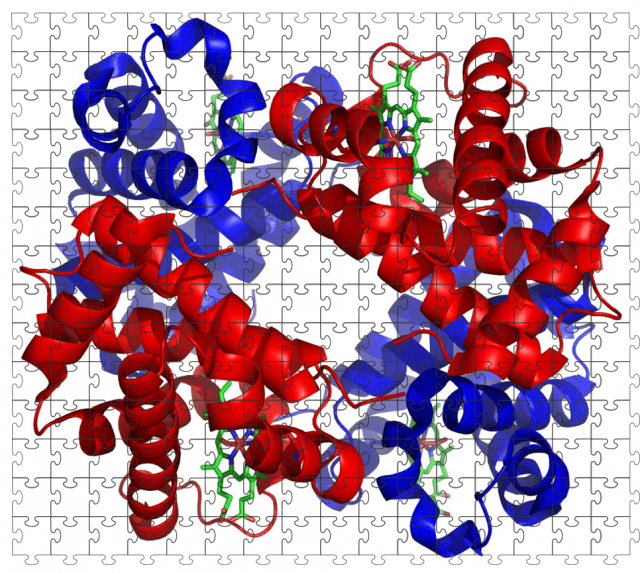
How is this course delivered?
This course is delivered as a 4 day ‘virtual’ live online training event which is delivered over a 6 hour period on each day, including breaks, typically from 9am to 3pm (but may depend on your time zone).
More about live online training
Total learning time = 20 hours
More about total learning time
The full agenda is provided in the course description.
The course may also be delivered as in-house training, either in the live online format or in a classroom based format at your site. In-house training allows customisation to meet your specific requirements.
Who will deliver this training course?
All training courses are delivered by the MTS consultant, Oona McPolin. Some recordings of MTS webinars are provided below as examples of Oona’s presentation style.
Only interested in validation?
It is possible to attend just the method validation parts of the open enrolment course if verification and transfer are not relevant for you. This would consist of the first 3 days only (with an early finish on day 3)
Refer to the course description for the detailed agenda.
Total learning time = 14 hours
Who should attend this course?
Anyone who needs to understand how methods are validated, verified, or transferred, either to design and carry out the investigation, or to review and interpret the data generated.
For example:
- Development/Quality Control (QC) analytical chemists
- Development/Quality Control (QC) managers/ supervisors
- Quality Assurance personnel
- Regulatory affairs personnel
- Assessors and Inspectors from regulatory authorities
When can I attend this course in 2025?
- Tue 6th to Fri 9th May 2025 (9am to 3pm BST/UTC+1)
- Tue 15th to Fri 18th Jul 2025 (9am to 3pm BST/UTC+1)
- Mon 6th to Thu 9th Oct 2025 (9am to 3pm BST/UTC+1)
- Mon 8th to Thu 11th Dec 2025 (9am to 3pm GMT/UTC)
How much does it cost?
Validation, Verification & Transfer (full course)
(over 4 days):
£1,225 GBP or €1,475 EUR
Validation only
(over approx. 3 days):
£925 GBP or €1,095 EUR
Included in your course fees:
- Comprehensive course hand-outs – The training book is provided as an electronic copy (pdf) for both live online and classroom based options.
- Certificate of Attendance (includes RSC approved logo)
- Optional post training assessment (accessed in e-MTS, our learning management system) which leads to a Certificate of Training (includes RSC approved logo).
- Access to training materials via e-MTS
- Post training support – Attendees can contact the trainer with questions that may occur when they apply their learning to real life situations.
Notes:
- All prices are quoted per person excluding VAT.
- VAT notice for live online training: For UK business cutomers and non-business customers (B2C) from all countries VAT is charged at the UK rate (currently 20%). For EU business customers (B2B), the reverse charge can be applied on receipt of a valid VAT identification number and VAT will not be charged. For business customers outside of the UK and EU, VAT will not be charged.
Cancellations and Substitutions
Once made and accepted by MTS, course bookings are liable for payment. Payment is due at least 14 days prior to the course start date. Cancellations prior to 3 weeks before the course date are subject to an administration charge of 25%. Cancellations received less than 3 weeks before the start of the course will not be refunded, although substitutions may be made at any time.
We reserve the right to change the programme, speakers, date or venue without notice, or to cancel an event. In the unlikely event of cancellation occurring, delegates will be notified as soon as possible and will receive a full refund of fees paid.
What do people say about this course?
“I’m quite new to validation and transfer but Oona made everything understandable and extremely clear. Very worthwhile, extremely useful.”
S. Ip, Proctor & Gamble
“The material of the course was excellent.”
N. Reinoso, Owlstone Medical
“It was very useful both from a theoretical and practical point of view, which is very neat!”
E. Farkas, Mylan
